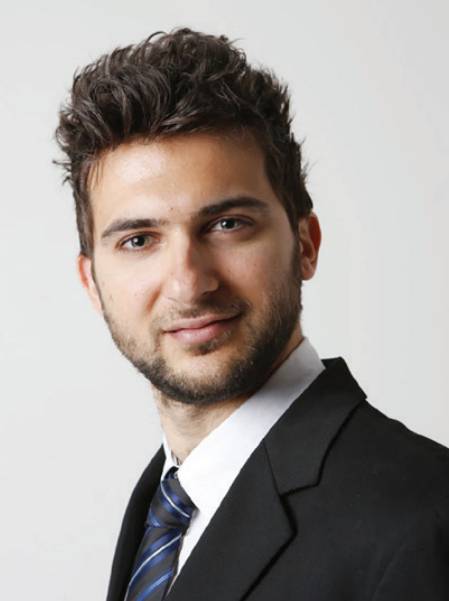Daniele Perissi heads the Great Lakes programme of Swiss NGO TRIAL International, which helps victims of international crimes obtain justice. He explains how international justice and its relationship with the media are being reinvented in DR Congo.
With the ICTR (International Criminal Tribunal for Rwanda) and the International Criminal Court’s (ICC) investigations in DR Congo, the Great Lakes is a region where international justice was very active until the mid-2010s. Is this still the case today?
Daniele Perissi: Yes, but given the slowness of the ICC's investigations, it is the Congolese military justice system that has recently taken up several international crimes, with inventiveness and efficiency. In September 2021, the Military Court of South Kivu sentenced a militia leader to life imprisonment for mass crimes, including environmental crimes in a case of exploitation by terror of natural resources in the Kahuzi Biega National Park, a UNESCO World Heritage Site. It also convicted him of the environmental crime of destroying a protected area. Six months earlier, the Congolese military courts had sentenced to life imprisonment a commander of the armed group Kamuina Nsapu who committed war crimes in the Kasai between 2016 and 2019. The judges awarded reparations to the 232 declared victims, and acknowledged that the Congolese state also bore some responsibility because it had not done enough to protect the civilian population. And in 2017, Congolese military justice sentenced 11 militiamen to life imprisonment for some 40 rapes committed between 2013 and 2016 on young girls aged between 2 and 12 in the village of Kavumu (South Kivu). The court found that, although scattered over time, these crimes were linked and constituted a systematic attack against a civilian population, qualifying as a crime against humanity.
These trials take a very particular form, with mobile courts. The hearings do not take place in the courthouse of a major city, but in the areas directly affected by the crimes on trial. In other words, the entire military court, with its prosecutors, court clerks, lawyers and defendants, travels as close as possible to the victims.
TRIAL International supports the victims of these crimes. What do you expect from the media?
While they have the advantage of being as close as possible to the victims, mobile court trials have the disadvantage of being held in inaccessible locations, far from the major cities and therefore from Congolese journalists. We therefore inform them and facilitate their access to the trial sites, so that they can produce reports and the trials can be understood by the whole population. The international media also play an important role. In the Kavumu case, it was a welldocumented article in the US bimonthly Foreign Policy that prompted the Congolese government to open a national inquiry, when it was seeking instead to turn a blind eye to these crimes to stop being labelled "rape capital of the world".
Trials are sometimes held far from the country. Former militia leader Roger Lumbala, for example, is soon to be tried under the "universal jurisdiction" of French courts for his responsibility in the 2002-2003 deadly “Effacer le tableau” campaign in eastern DRC. We intend to work closely with the international and national media to enable the Congolese people - especially indigenous populations like the pygmies of the Ituri district who were particularly affected by these atrocities - to follow this trial and be informed about crimes that have never been officially recognised in the DRC.
This interview is taken from our 12th publication "Mediation" entitled "Making sense of international and transitional justice", available at this link.




